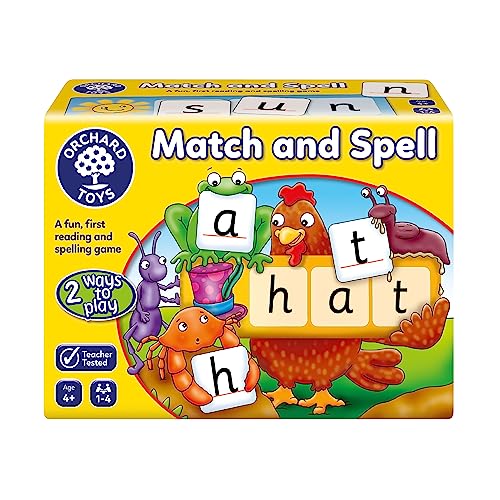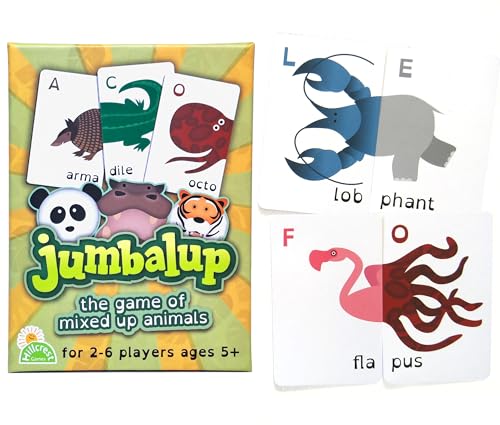Understanding the Importance of Play: Why Games Matter for Ages 4 and Up
The Role of Play in Development
Play is not just about having fun; it’s a critical aspect of child development. Through play, children learn vital skills such as problem-solving, teamwork, and creativity. For kids aged four and up, games provide opportunities to explore new concepts, practice decision-making, and enhance their cognitive abilities. Understanding the importance of play helps us appreciate why selecting the right games can significantly influence a child’s growth and learning.
Physical, Social and Emotional Benefits
Games also serve a dual purpose as they impact physical, social, and emotional skills. Engaging in gameplay can improve motor skills and physical coordination through action-based games. On the social front, games encourage interactions that teach children how to cooperate, share, and communicate with others. Emotionally, they learn to navigate winning and losing, helping to build resilience and empathy in social situations.
Top Recommendations: Our Favourite Games That Engage and Educate
Educational Value
Among our top picks are games that not only entertain but also educate. For younger children, games that teach numbers, letters, and basic shapes can provide a fun way to reinforce early learning. As children grow, games that introduce critical thinking, strategy, and teamwork become essential for more complex learning.
Popular Choices
We recommend games like ‘Zingo!’ which combines a fun bingo-like format with vocabulary development, making it perfect for younger ages. For slightly older children, ‘Blokus’ is fantastic for improving spatial reasoning skills while providing hours of strategic play. These games have been carefully chosen for their engaging content and educational benefits.
How to Choose the Right Game: Key Factors to Consider for Different Age Groups
Age Appropriateness
Selecting the right game begins with considering the age of the players. Games designed for four-year-olds are often simple with easy-to-follow rules, while those suitable for tweens can involve more intricate strategies and deeper game mechanics. Always check the age recommendations on the box to ensure the game is appropriate.
Interests and Group Size
Next, think about the interests of your child. Choose games that cater to their likes, whether it’s dinosaurs, space, or storytelling. Also, consider the number of players. Some games are fantastic for small groups, while others are designed for larger teams. Matching the game to the group size ensures everyone can participate and enjoy.
Interactive Features: Games That Encourage Social Skills and Teamwork
Cooperative Games
Games that promote teamwork and social interaction can be particularly beneficial. Cooperative games where players work together to achieve a goal, such as ‘Forbidden Island,’ enhance communication and problem-solving skills. They teach children that collaboration can lead to success, which is a valuable life lesson.
Competitive vs. Cooperative Dynamics
There’s also a rich variety of competitive games that can foster a spirit of healthy competition, helping children learn to handle both victory and defeat gracefully. Balancing between competitive and cooperative elements in gameplay is key to a well-rounded gaming experience.
Budgeting for Fun: How to Find Quality Games Without Overspending
Setting a Budget
When it comes to purchasing games, it’s important to establish a budget. Understanding how much you can spend will help narrow down options and ensure you don’t get overwhelmed by choices. Finding quality games doesn’t necessarily mean breaking the bank.
Where to Shop Smartly
Look out for sales and promotions in local stores or online. Many stores offer loyalty programs or discounts for first-time customers. Also, consider exploring second-hand options; many games are available in great condition at a fraction of the original cost, providing excellent value without compromising on quality.
























